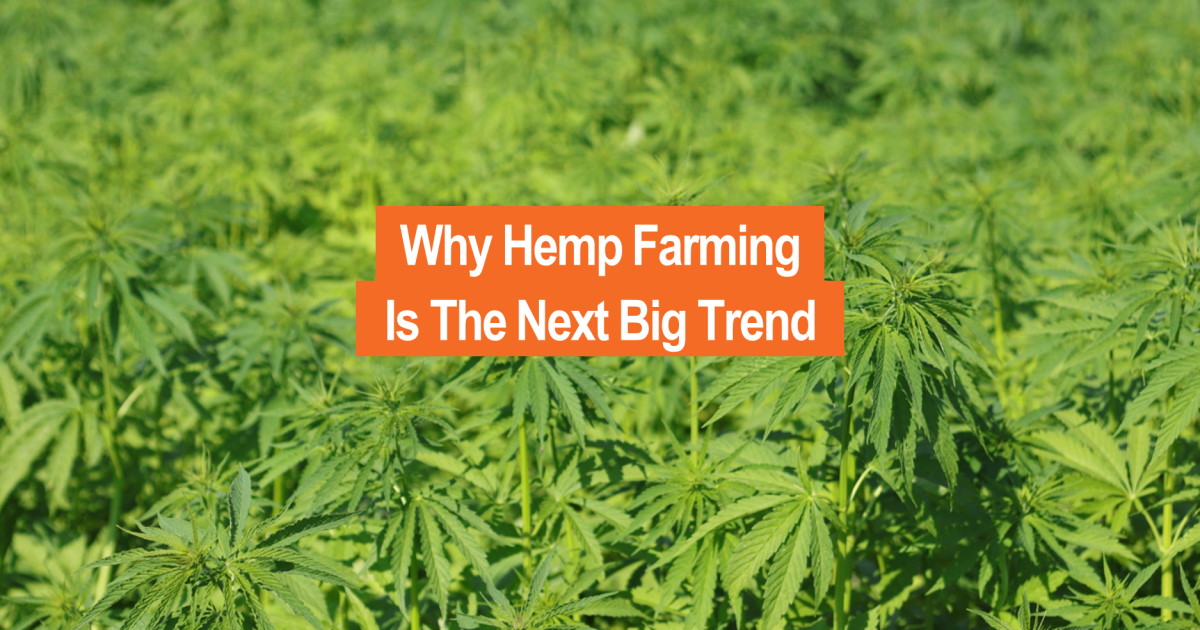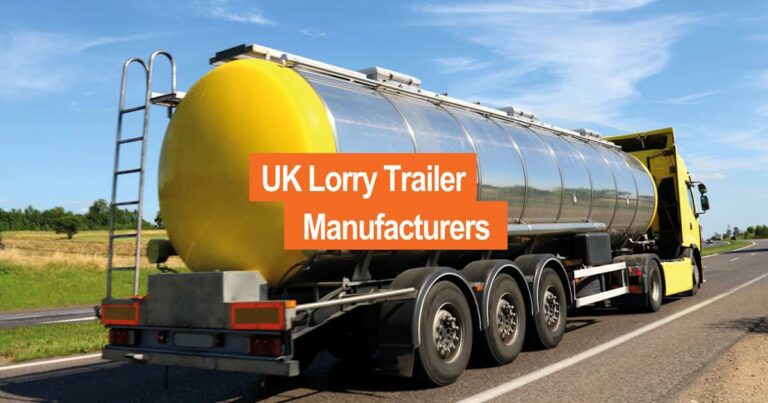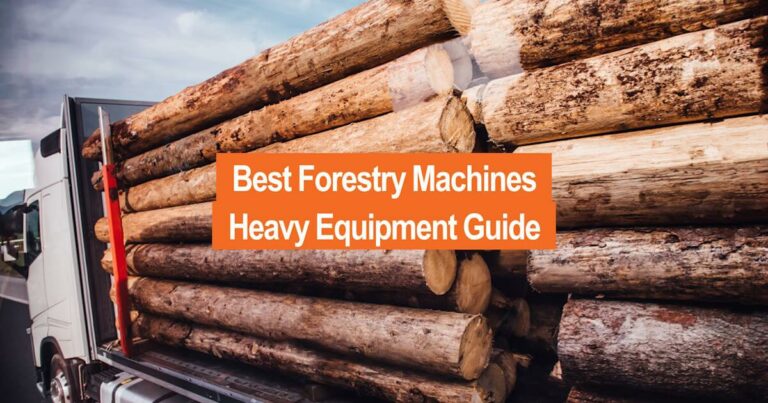When most people hear about hemp farming, one thing comes to mind – it is not legal.
Thanks to its distinctly shaped leaves, the hemp plant is frequently mistaken for its controversial cousin, the marijuana plant. But nowadays farming hemp is on the rise, and it is got nothing to do with marijuana or cannabis.
The hemp plant is often misunderstood as the plant grown by teenagers in their bedroom for recreational purposes, or by drug gangs for large scale distribution.
Although hemp and marijuana (the plant used to make cannabis) are from the same plant family, they are not the same. There is one significant difference between the two that UK farmers claim is the reason hemp should be legal – hemp cannot get you high!
We have looked at why hemp is a part of farming history, why it disappeared, and why it is coming back.
History Of Hemp
Hemp plants were historically grown by farmers across the UK and worldwide in order to harvest the leaves and stems.
The hemp plant is hardy, does not require much water and can grow in almost any soil. It was incredibly popular for farmers in the UK to grow hemp with little effort.
Hemp was used for centuries to help make rope, clothing, animal feed, paper, insulation and much more.
Hemp is tough, and as such, was used in the 1500s to make ship sails and rigging – back then demand was huge. This made hemp a prevalent plant in the UK. In fact, at one point the UK government required all farmers to grow hemp in an attempt to meet demand.
Hemp Laws
However, in the early 1900s the demand for its cousin “cannabis” for recreational use saw hemp outlawed in most countries. As a result, the UK government banned hemp in 1928.
Although the hemp and marijuana plants are similar, they are not the same.
Proper hemp plants contain a fraction of the amount of THC (the psychoactive compound responsible for the high) compared to marijuana plants. THC is still found in hemp, but at such a low concentration, it cannot make people high, so any attempt to grow hemp for drug use is pointless.
In the 1990s, the UK government changed laws to reflect the fact that the two plants are not the same.
Laws still restrict the concentration of THC in hemp plants, stating they should contain less than 0.3% THC. It is one of the reasons why growing hemp is still strictly controlled.
UK farmers need to acquire a license costing just under £600 and must submit to regular checks, some of which may incur a fee. They must also renew their license every three years.
Hemp Seeds & CDB Oil
More and more registered hemp farms have been popping up in the UK over the last decade. Since the ban on hemp was loosened in 1993, more UK farmers have diversified into producing hemp for mainstream use.
Hemp is very popular in making natural materials and is often used in skincare products.
But the biggest change in demand has been in the last few years with the uptake in CBD oil. CBD is an oil produced from both the hemp flowers and marijuana plants. It is used in everything from skincare, beard oil to aromatherapy, anxiety sweets and snacks.
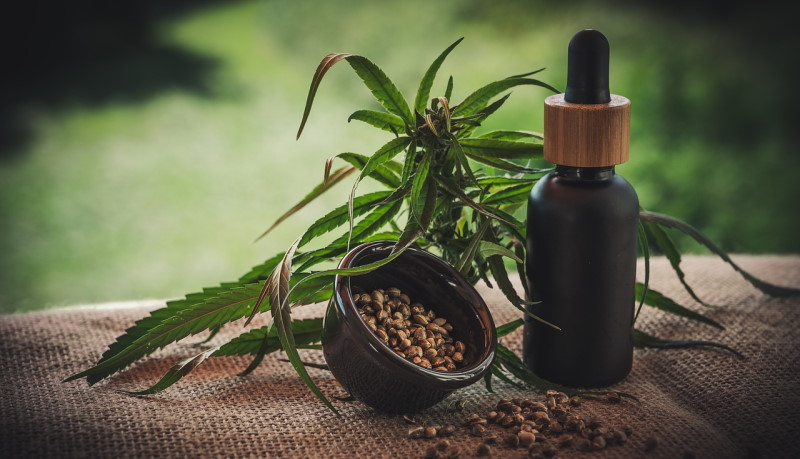
CBD cannot make you feel high, but has become a trendy part of the wellness industry.
Unfortunately, UK farmers currently cannot grow hemp for CBD production and they are forced to burn the flowers or leave them to degrade.
Current UK laws only allow hemp farming for the seeds and stems. The leaves have to be destroyed, meaning farmers lose out on potential revenue – even though they do not contain the banned compound THC.
Why Hemp Farming Is About To Explode
With mounting pressure on the government to make the production of CBD legal, hemp farming could become very lucrative for farmers. Currently, sales from the UK CBD market is around £690 million annually with imports making up the bulk of products.
Farmers who are already growing hemp or looking to diversify to raise income, are becoming increasingly frustrated that hemp flowers are wasted. As the industry increases, reforming the laws surrounding hemp is becoming more likely.
In addition to the pressures from farmers who want to make the most out of their crop, there is another reason why hemp farming is about to become a significant part of UK farming – the environment!
Hemp Is Environmental Friendly
Hemp plants are incredibly environmentally friendly. Aside from absorbing vast amounts of carbon dioxide from the atmosphere, hemp plants absorb heavy metals and pollutants from the soil around them.
This means they can be grown on agricultural land already damaged by chemicals and pesticides to help clean the ground and make it suitable for growing other crops.
Many farmers believe that by growing hemp plants as part of a farming cycle, it will help maintain farmland for future usage.
There have already been calls for the government to incentivise farmers to grow hemp on polluted land. Furthermore, hemp plants don’t require pesticides, they control pests, boost biodiversity and can help farmers diversify into new revenue streams.
Biodiversity
Using hemp plants to boost biodiversity has made hemp very popular with some environmental activists.
As forests and other natural habitats are turned into farmland, animals and insects are losing their homes. But research shows that hemp attracts insects and helps keep wildlife populations healthy because it flowers between July and September – when there is not much pollen from other plants.
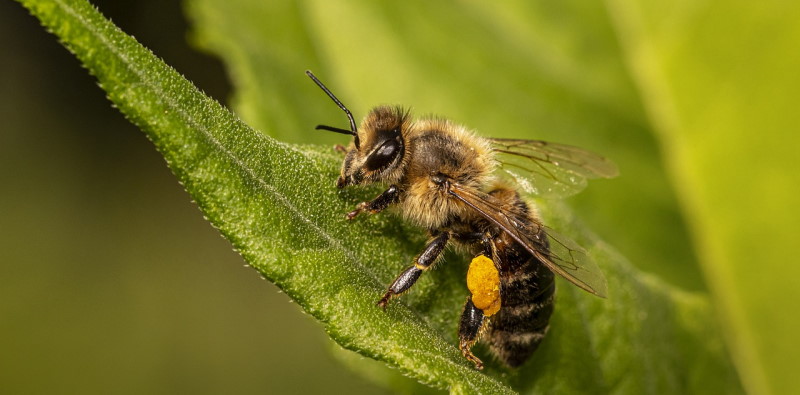
With so much in favour of relaxing the laws surrounding hemp and CBD production, why hasn’t it happened already?
Well, one of the main reasons is a lack of research. There is some evidence to support all the claims above, but there is not an overwhelming amount of research because the plant has been banned in so many countries for so long.
But this is changing. Hemp production has grown by over 75% in recent years across the EU, meaning more research is possible than ever. As a result, more and more UK farmers are preparing to start hemp production in the coming years – they are just waiting on the green light from the UK government.
Farming Hemp In The UK
While no one really knows what controls will be placed on hemp farming in the UK on an industrial basis, chances are there will be restrictions. Farmers will still need a permit and will need to abide by strict guidelines and rules.
Although many farmers have claimed that the benefits of hemp farming mean it should be subsidised by the UK government, it would be highly usual for the government to go from basically banning the crop to paying farmers to grow it.
To start hemp farming, farmers will need to find funding from elsewhere – one such route is through a specialist farm finance broker. Specialist brokers can offer loans based on the crop cycle and the market.
Agricultural finance brokers can explore routes, such as asset finance, to help you invest in hemp seeds, as well as, irrigation systems, harvesting equipment and processing equipment.
Hemp plants which are grown to produce materials or paper is processed differently from hemp grown for CBD oil. Furthermore, hemp is notoriously tough, and older farming equipment may not be able to harvest or process it. In that case, a finance broker can help you source upgraded machinery or newer equipment.
Hemp farming should become increasingly popular over the coming years.
Aside from the initial investment, it does not require specialist equipment, it is not hard to grow and can help farmers keep their farmland healthy for other crops.
No matter your opinion on CBD and hemp farming, you can be sure that you will hear a lot more about hemp over the coming years.
So if you are a UK farmer, you should consider investing in hemp farming – after all, it will offer a new revenue stream which also benefits the soil and the environment.
Hemp Farming FAQs
Is hemp profitable to farm?
Because you cannot farm hemp for CBD at the moment, hemp farming in the UK is much less profitable than it could be. A few farms grow vast amounts of hemp to be turned into fabric, but it requires a vast amount of space. If and when the laws are relaxed, so that farmers will be able to use the flowers and leaves, hemp farming will become very profitable. Costs vary, but the average price for one tonne of unprocessed seeds is around £500, with a 7.5 tonne yield for the fibre per hectare.
How fast does hemp grow compared to trees?
Hemp can grow very fast. From seed to mature plant, hemp takes an average of just four months. Compared to trees and other crops, hemp is very fast to grow. However, farmers usually only harvest one crop per year in spring or summer.
What are some of the uses of hemp grown on UK farms?
UK farmers can only harvest the seeds and stalk of the plant while the flowers and leaves must be destroyed on-site. This restricts what hemp can be used for. Generally, hemp in the UK is turned into construction insulation, paper, material, rope and even biofuel.
Raising Finance
Speak to Evangate FS today if you are interested in investing in new farming equipment. We also can access great rates for truck finance, so contact our team if you require funding for commercial vehicles such as vans, lorries or HGVs.

